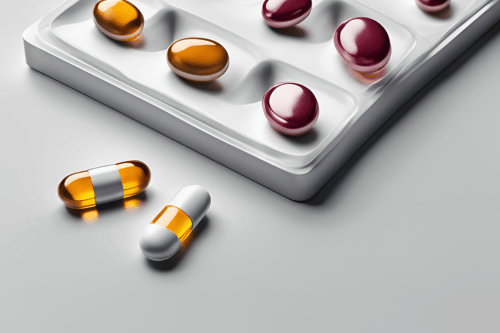

Can Vyvanse get you high? Yes, especially at higher doses. Vyvanse is a prescription drug for ADHD and binge eating disorder, but its stimulant properties can induce euphoria. This article covers how Vyvanse works, its risk for abuse, and potential health dangers.
Vyvanse is a prescription medication for ADHD and binge eating disorder, with a high potential for misuse and addiction due to its stimulant properties.
Abuse of Vyvanse can lead to serious health risks, including cardiovascular complications and psychological issues, highlighting the importance of its proper use under medical supervision.
Recognizing signs of Vyvanse addiction, such as behavioral changes and withdrawal symptoms, is crucial for early intervention and effective treatment.
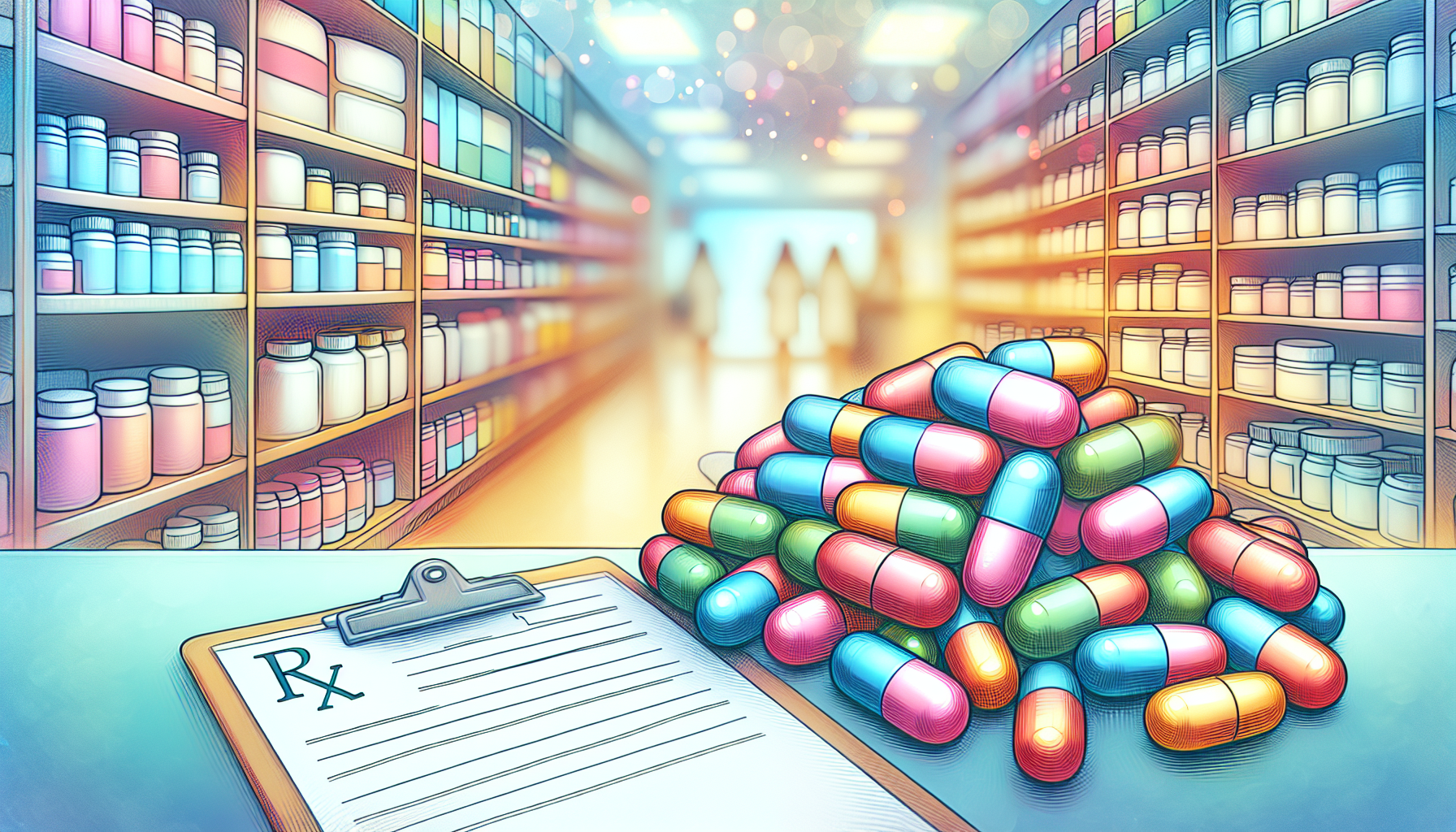
Vyvanse is a prescription medication. It is primarily used to treat Attention Deficit Hyperactivity Disorder (ADHD) and moderate binge eating disorder. Classified as a Schedule II controlled substance in the United States, Vyvanse has a high potential for misuse and addiction. The active ingredient, lisdexamfetamine dimesylate, is converted in the body to dextroamphetamine, an amphetamine that stimulates the central nervous system.
Vyvanse helps improve attention, reduce impulsiveness, and manage hyperactivity in people with ADHD. In cases of binge eating disorder, Vyvanse reduces the frequency of binge eating episodes. However, the potential for Vyvanse addiction is a significant concern due to its stimulant properties, which are similar to those of other amphetamines like Adderall and Ritalin.
Knowing how Vyvanse works is key to understanding its broader implications. Though it has crucial therapeutic uses, the risk of abuse and addiction remains significant.

Many users wonder if Vyvanse can induce a high. At higher doses, Vyvanse can indeed increase energy levels and may lead to a euphoric sense of wellbeing. Many report feeling pleasant, focused, and energetic, though the ‘rush’ is milder than with other amphetamines.
Some abuse Vyvanse for increased focus and energy but don’t always report feeling high or euphoric. This highlights how the drug’s effects can vary based on dosage and individual response. Despite this, the potential for Vyvanse addiction remains a serious concern, especially when higher doses are used.
While Vyvanse is compared to stimulants like Adderall, its formulation makes it harder to misuse through snorting or injecting. However, taking Vyvanse in higher-than-prescribed doses can cause dangerous side effects and health risks.
As a Schedule II narcotic, Vyvanse has a high potential for misuse and addiction. Its popularity among college students, who use it to enhance focus during exams, compounds the abuse potential. Abuse methods include swallowing, snorting, or injecting to achieve euphoria, increased energy, and better concentration.
Vyvanse’s delayed-release formulation makes it less prone to misuse than immediate-release options. Nevertheless, self-medicating with higher doses can lead to tolerance, dependence, and addiction. Vyvanse abuse can cause severe side effects like increased blood pressure, cardiovascular issues, and agitation.
Abusing Vyvanse can result in a dangerous cycle of dependence and addiction. As users develop tolerance, they may require larger doses to achieve the desired effects, increasing the risk of a Vyvanse overdose. Recognizing abuse potential is crucial for preventing addiction and serious health consequences.
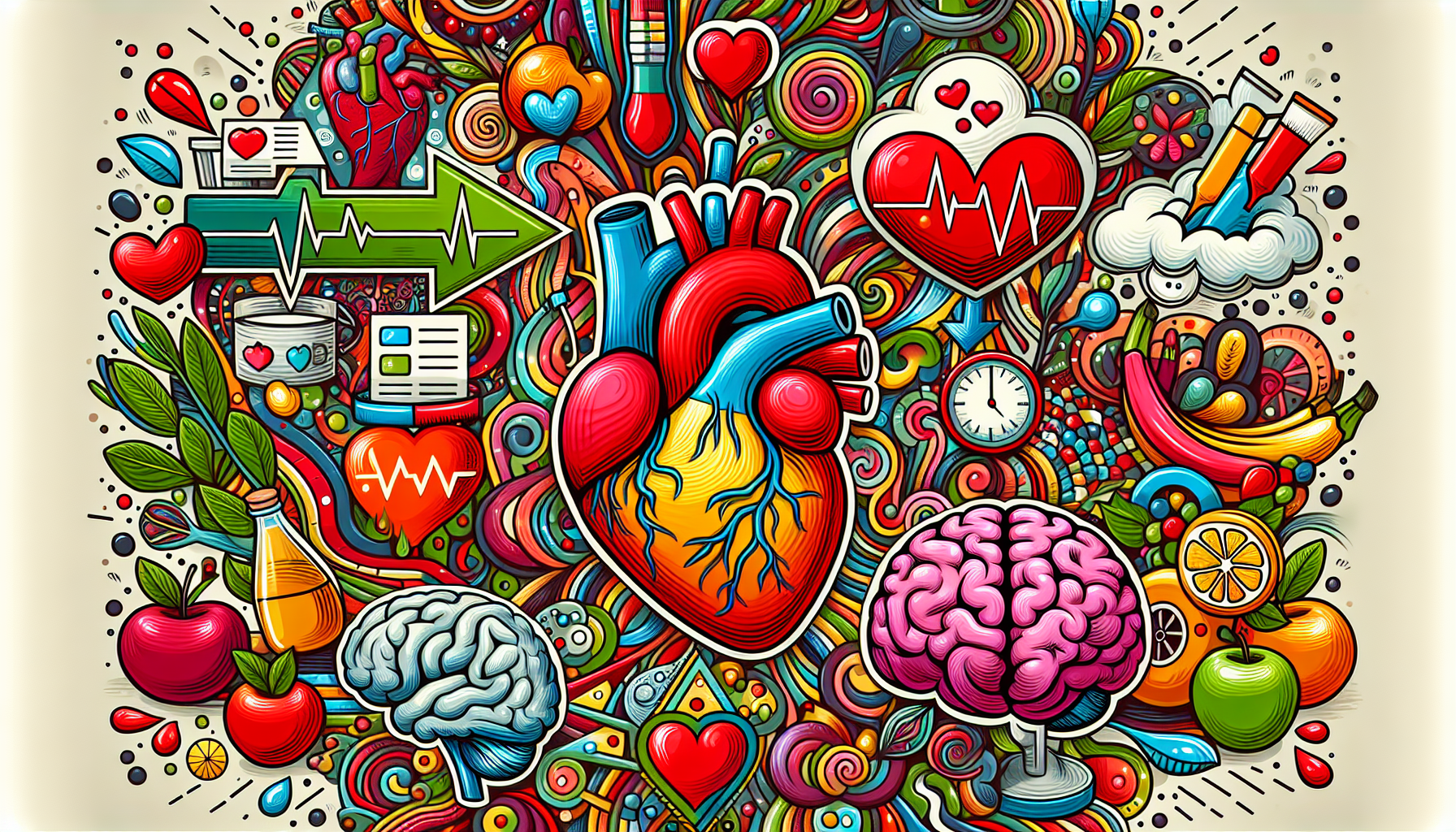
Vyvanse abuse poses serious health risks, especially to cardiovascular and psychiatric health. Misuse can lead to severe cardiovascular complications like heart attack and stroke. High doses may result in rapid breathing and an irregular heartbeat. These symptoms can trigger other severe health problems.
Psychiatric side effects also pose a significant concern. Drug abuse can lead to psychosis, mania, severe anxiety, hallucinations, and paranoia. Such symptoms can be distressing and may need immediate medical attention. Chronic misuse leads to tolerance, necessitating higher doses and worsening health risks. Substance abuse can exacerbate these issues.
The psychological effects of Vyvanse abuse are equally alarming. Anxiety, aggression, and suicidal thoughts are common among users. These issues highlight the importance of using Vyvanse as prescribed and under medical supervision.
Identifying signs of Vyvanse addiction is vital for early intervention and treatment. Dependence happens when one feels normal only with the drug, disrupting daily life and responsibilities. Using Vyvanse for daily challenges can rapidly lead to addiction.
Behavioral signs include personality changes, loss of interest in social activities, and continued use despite negative consequences related to substance addiction and substance use disorder. Withdrawal symptoms may involve increased heart rate, blood pressure, and sweating. Signs of misuse can also include hyperactivity, restlessness, and insomnia.
Many struggling with Vyvanse addiction often feel lonely. They may also feel lost and helpless. Early recognition can lead to timely treatment and recovery, preventing further harm.
Withdrawing from Vyvanse can be challenging and distressing. Common symptoms include extreme fatigue, depression, and mood swings. Symptoms may appear 36 hours after the last dose and last several weeks, with the most intense in the first week.
Psychological symptoms like anxiety, irritability, and mood swings may need therapeutic support. Knowing these symptoms is crucial for effectively managing withdrawal.
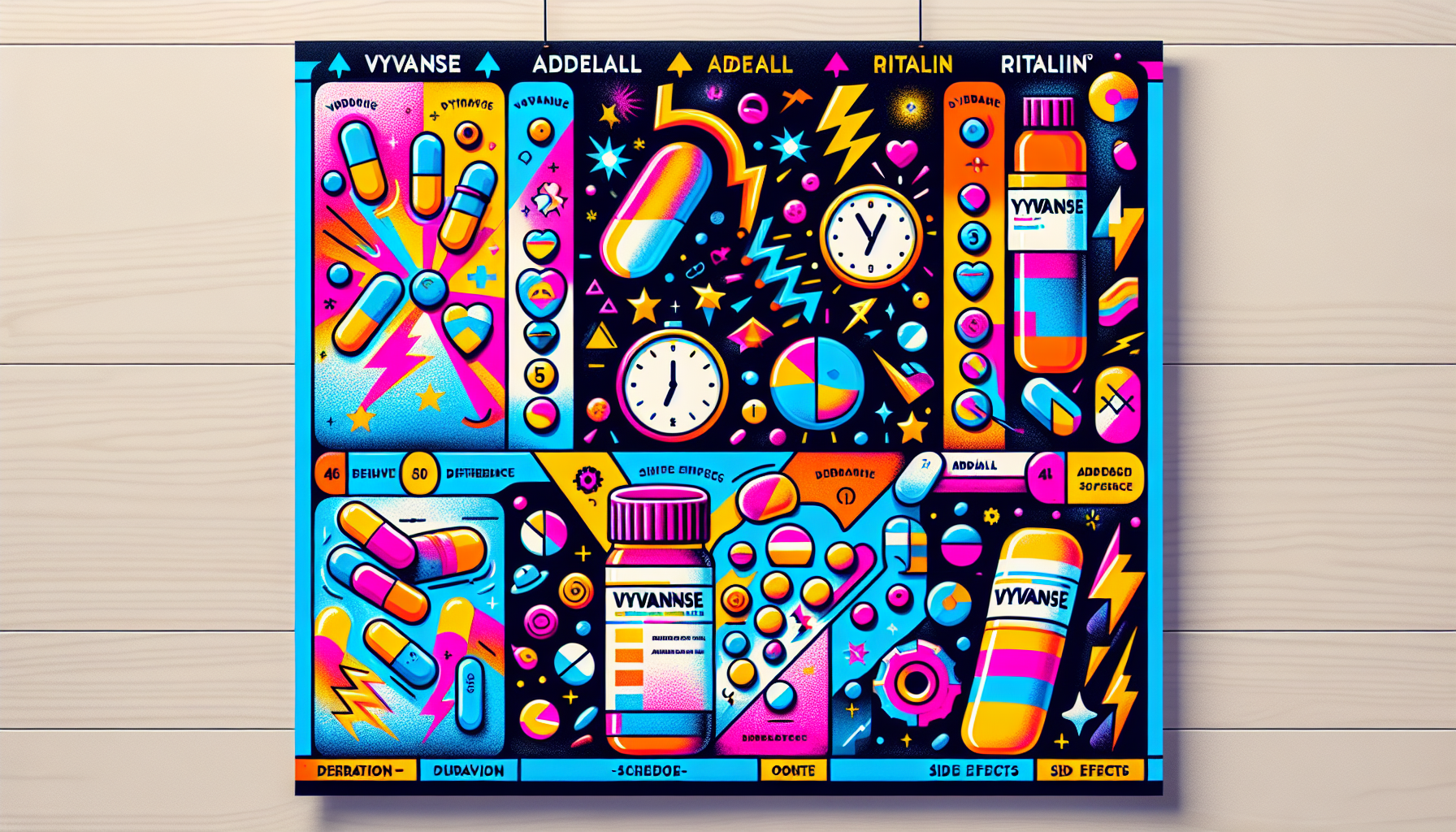
Vyvanse stands out as a prodrug, becoming active only after metabolism. This trait makes Vyvanse less prone to misuse than stimulants like Adderall. Both Vyvanse and Concerta are long-acting, with effects lasting about 12 hours.
Vyvanse is considered to have a lower abuse potential than other ADHD medications. Monitoring patients with heart conditions is crucial, as both Vyvanse and Concerta can raise heart rate and blood pressure.
Knowing the differences helps users make informed adhd symptoms treatment decisions.
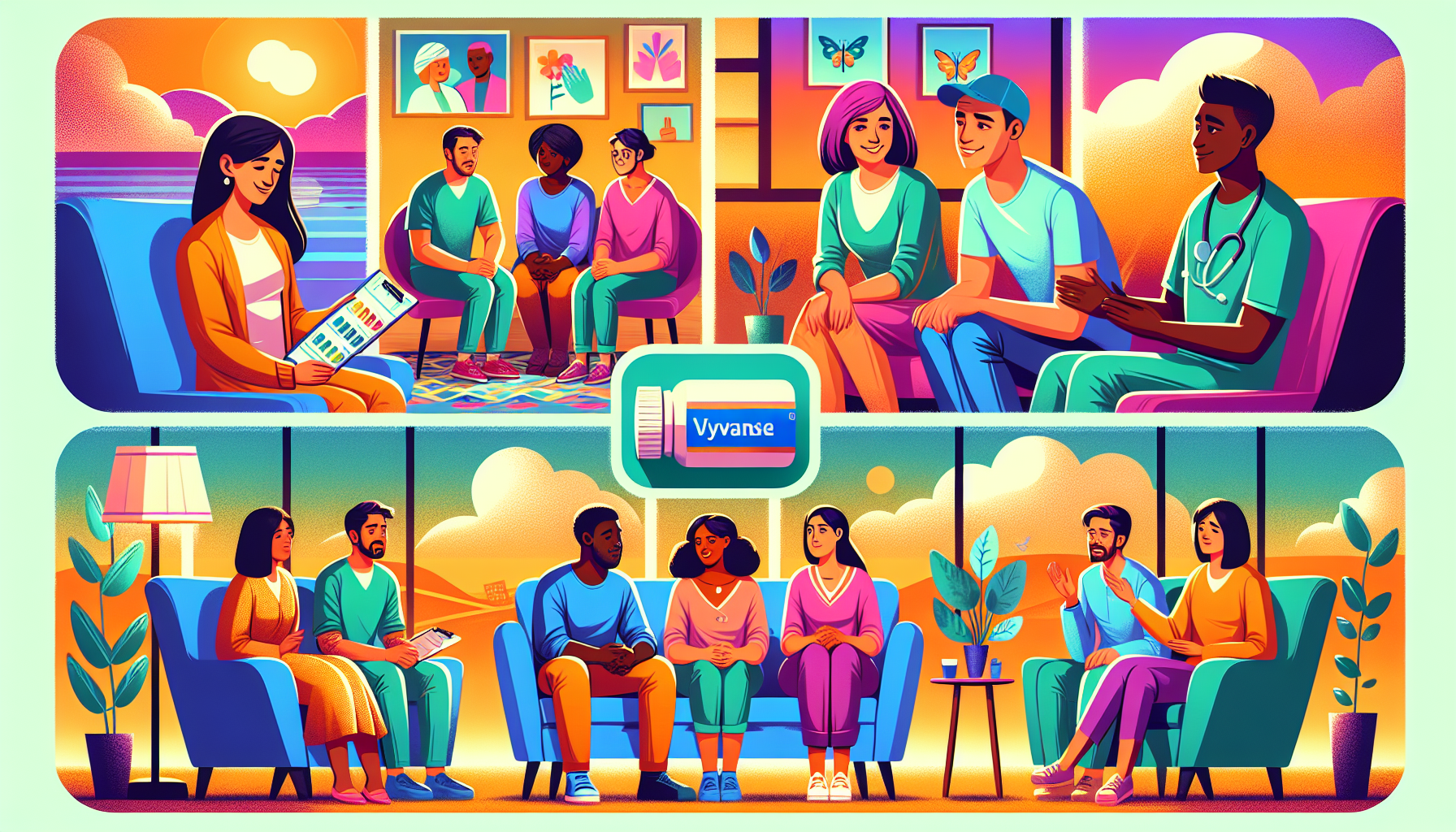
A comprehensive approach is necessary to treat Vyvanse addiction. Medical detox, often the first step, focuses on safely managing withdrawal under supervision. This helps ease the transition and manage symptoms.
Behavioral therapies like Contingency Management (CM) address psychological dependence. Inpatient rehabilitation offers a structured environment for intensive support. Partial Hospitalization Programs (PHP) and Intensive Outpatient Programs (IOP) offer flexible treatment, allowing patients to maintain daily responsibilities.
Aftercare, including ongoing therapy and support groups, is crucial for maintaining recovery and preventing relapse. Addiction treatment plans focus on individualized care, addressing each person’s unique needs and circumstances.
Understanding Vyvanse and its potential for abuse is vital for anyone using or considering this medication. While Vyvanse has legitimate therapeutic uses, its potential for misuse and addiction poses significant health risks. Recognizing the signs of addiction and knowing the treatment options available can make a crucial difference in the journey to recovery.
If you or someone you know struggles with Vyvanse addiction, it’s essential to seek help and support. Recovery is possible with the right treatment and support system.

At Sullivan Recovery, as an in-network provider we work with most insurance plans, such as:
And More
If you or a loved one are struggling with mental health challenges or substance abuse, reach out to Sullivan Recovery today. Our team of compassionate professionals is here to support your journey towards lasting well-being. Give us a call at 949-836-7180.
Vyvanse can produce a euphoric feeling at high doses, but its effects are milder compared to other amphetamines, making it less likely to induce a significant “high.”
Abusing Vyvanse poses significant health risks such as cardiovascular complications, psychiatric issues including psychosis and mania, and heightened anxiety and paranoia. It’s crucial to use this medication only as prescribed to avoid these dangers.
You can recognize signs of Vyvanse addiction through dependence on the drug, noticeable personality changes, persistent use despite negative impacts, and physical withdrawal symptoms. It’s essential to seek professional help if you observe these behaviors.
Common withdrawal symptoms from Vyvanse include extreme fatigue, depression, mood swings, anxiety, irritability, and an increased heart rate. It’s important to be aware of these effects when discontinuing the medication.
We are available around the clock to assist you, every day of the year.
© 2024 Sullivan Recovery. All rights reserved.